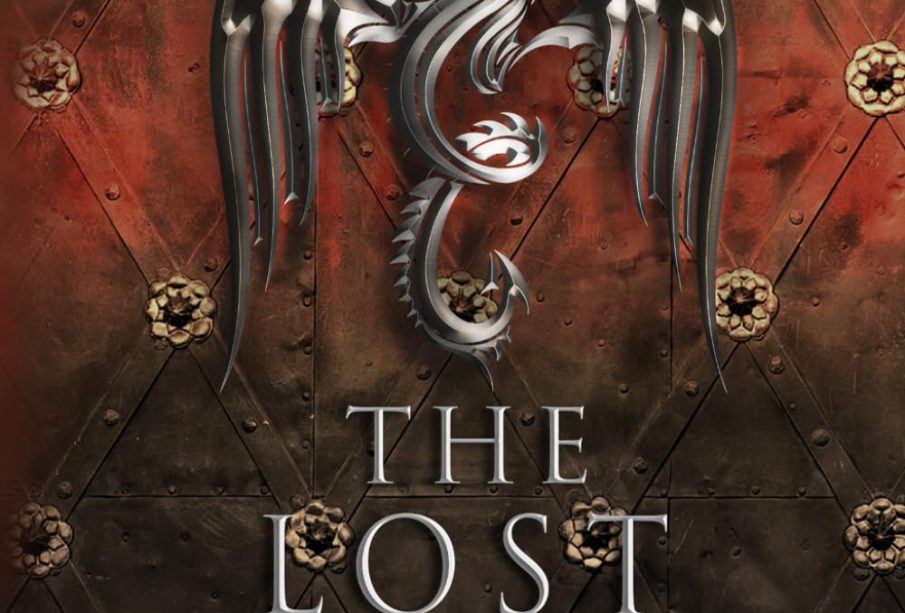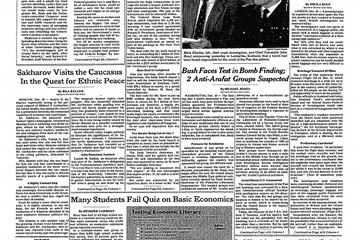Unveiling ‘The Lost King’: A Historical Exploration

Introduction
‘The Lost King’ is a term that holds great significance in British history, referring to lost monarchs and the tales surrounding their legacies. Recently, the discovery of King Richard III’s remains and the subsequent interest in English monarchy has reignited discussions about historical figures who have been forgotten or overlooked. These stories shape our understanding of the past and inform the cultural narrative of present-day Britain.
The Discovery of King Richard III
In 2012, a team of archaeologists unearthed the remains of King Richard III beneath a parking lot in Leicester. This discovery not only shifted perceptions of the controversial king but also sparked renewed interest in other lost kings throughout British history. Richard III, who ruled from 1483 to 1485, is often depicted as a villain in literature and theatre, notably in Shakespeare’s plays, which have largely shaped public opinion about him.
Other Notable Lost Kings
Aside from Richard III, several historical figures are often considered ‘lost kings’ due to obscurity or misrepresentation. For instance, King Harold II, who fell at the Battle of Hastings in 1066, has often been overshadowed by the Norman Conquest, while King Æthelred II, known as ‘the Unready,’ faced significant challenges during his reign due to Viking invasions but remains less prominently featured in mainstream history.
The fascination with these figures reflects broader themes of identity and legacy within British history, prompting historians and archaeologists to re-evaluate their contributions and contexts.
Public Interest and Cultural Impact
Films, documentaries, and literature surrounding figures like Richard III have heightened public interest, leading to a greater appreciation of historical narratives that were once deemed as lost. ‘The Lost King’ has even inspired recent cinematic efforts, portraying the discoveries and consequences of uncovering forgotten histories.
Conclusion
The narratives of ‘The Lost King’ resonate deeply within the context of national identity and cultural heritage in the UK. As societies grow and histories are scrutinised, the need to re-examine figures like Richard III and their ilk becomes increasingly apparent. Moving forward, such explorations serve not only as a reflection on the past but also as an invitation for contemporary audiences to engage with history in a more nuanced and informed manner.









